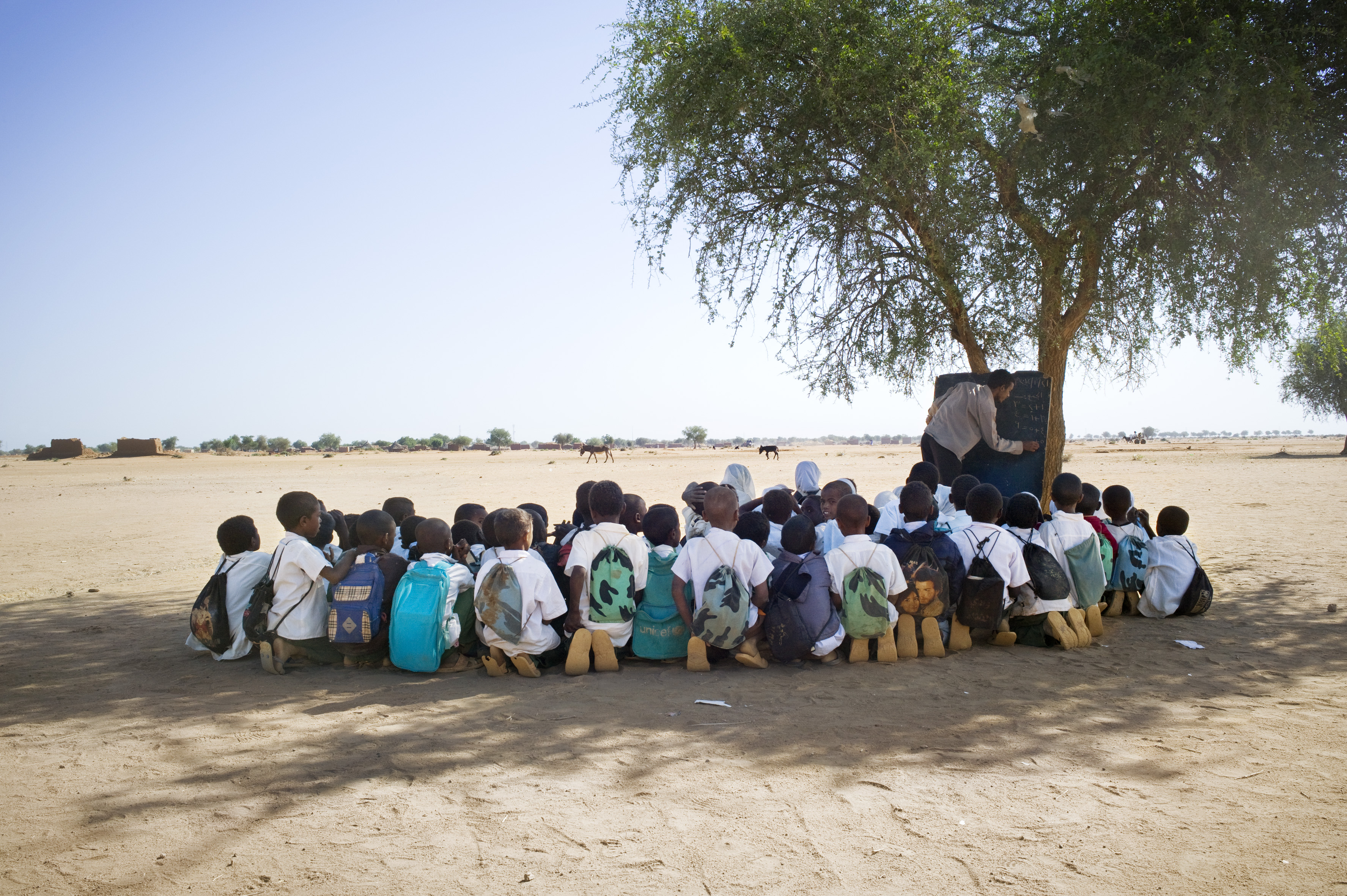
Policies
IMPROVING ACCESS TO EDUCATION FOR OUT OF SCHOOL CHILDREN
Country Context:
Sudan faces multiple challenges, with the highest proportion of out-of-school children (OOSC) in Northern Africa, with more than three million children deprived of basic education, constituting nearly one-third of the child population. Financial constraints and regional disparities exacerbate the situation, with schooling often posing a significant burden on families, particularly in rural areas where attendance rates are considerably lower than urban counterparts.
Solution
The Improving Access to Education for OOSC project aims to directly support 600,000 OOSC by employing formal and non-formal education strategies. Targeted localities, primarily in states with below-average enrollment rates, are selected based on predefined criteria such as existing infrastructure and community engagement. This inclusive approach targets vulnerable groups, including girls, nomadic populations, and children affected by emergencies. The project involves constructing or rehabilitating, focusing on expanding alternative learning programs (ALPs). Training is provided to teachers and ALP facilitators, and essential teaching materials are supplied. Barrier analysis informs advocacy and enrollment activities to promote broader participation in educational programs. Sensitization campaigns based on research findings aim to ensure sustainability by informing policy decisions.
Impact
Country Report On Out-of-School Children influenced the Education Sector Strategic Plan (ESSP) and national teachers' education strategy. A significant achievement includes the enrollment of over 600,000 OOSC in both formal and accelerated learning programs, along with the training of 4,426 ALP facilitators. The project has also improved learning environments in 319 schools and ALP centers through infrastructure enhancements and provided teaching materials to more than one million children. These initiatives signify tangible progress toward addressing educational disparities and enhancing access to quality education for marginalized populations in Sudan.
Analysis
The solution is an adequate example of collaborating and coordinating with the governmental educational stakeholders. One of the key challenges would be to overcome the existing path dependencies and practices of the practitioners and the policymaking stakeholders. In addition to this, it is crucial to revisit the intervention area through the longitudinal lens to understand the overall impact based on specific contextual nuances.












